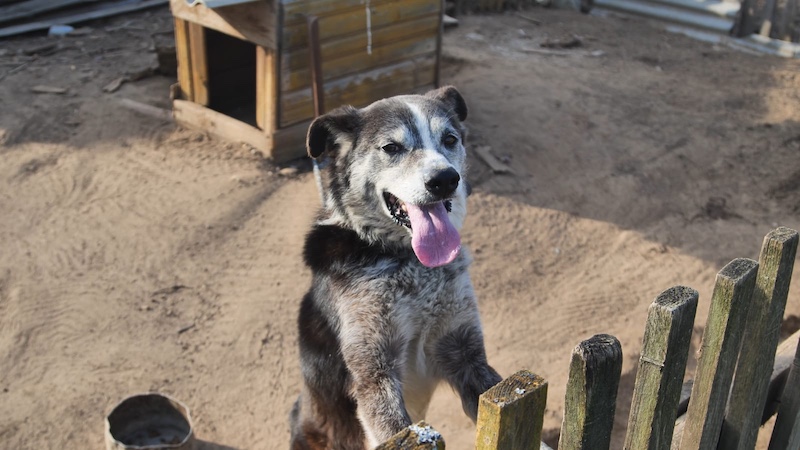As dogs grow older, their bodies undergo various changes that can make them more susceptible to certain health problems. Being aware of these issues can help pet owners provide better care and catch potential problems early. In this article, we’ll discuss some of the most common health challenges faced by aging dogs and what you can do to keep your furry companion comfortable and healthy.
Arthritis and Joint Pain

One of the most prevalent issues in senior dogs is arthritis, a condition that causes inflammation and pain in the joints. Symptoms may include stiffness, limping, or reluctance to climb stairs or jump. Large breeds, such as Labrador Retrievers and German Shepherds, are especially prone to this condition.
Dental Disease

Dental problems, such as periodontal disease, become more common as dogs age. Symptoms include bad breath, difficulty eating, or visible tartar buildup. Left untreated, dental disease can lead to infections that affect other organs.
Vision and Hearing Loss
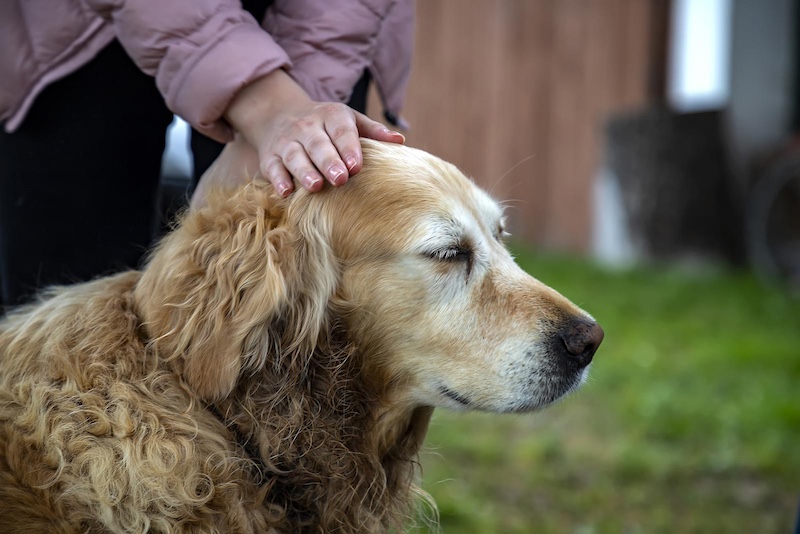
It’s common for older dogs to experience a decline in their senses. Cataracts, glaucoma, and age-related hearing loss can all affect your dog’s quality of life. You might notice your dog bumping into objects or becoming less responsive to commands.
Cognitive Dysfunction Syndrome (CDS)
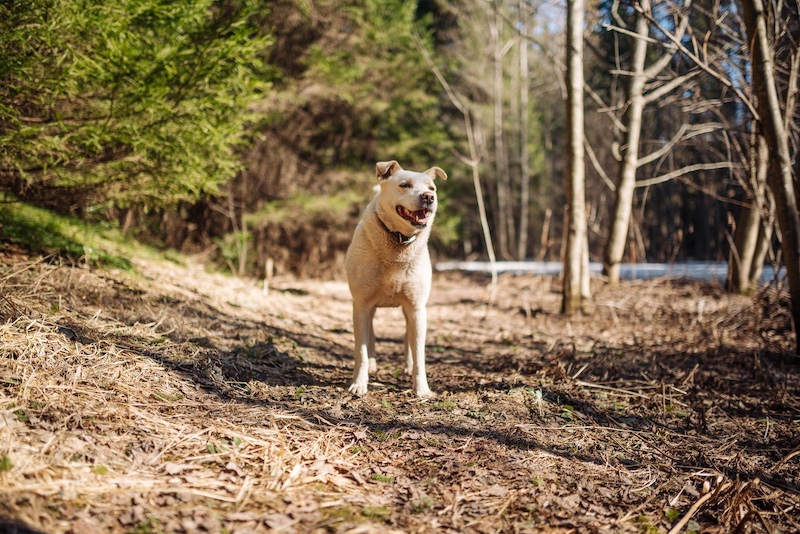
CDS, similar to dementia in humans, affects many senior dogs. Symptoms include disorientation, changes in sleep patterns, and a decrease in interaction with family members. These behavioral changes can be gradual, making it difficult for pet owners to notice at first. Over time, the condition can significantly impact a dog’s quality of life, emphasizing the importance of early detection and management.
Weight Gain or Loss
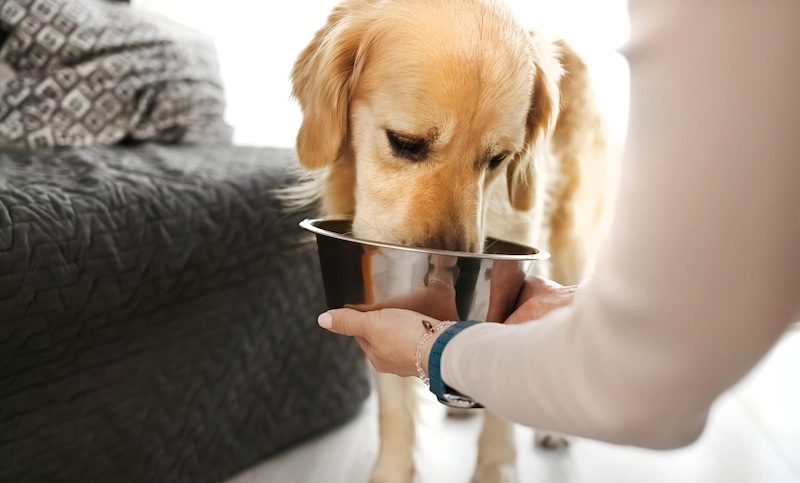
Aging dogs often experience changes in their metabolism, which can lead to weight fluctuations. Obesity puts extra strain on joints and can worsen conditions like arthritis, while unexplained weight loss may indicate a more serious underlying issue.
Heart Disease

Heart conditions, such as congestive heart failure, are more common in senior dogs, particularly in small breeds like Cavalier King Charles Spaniels. Signs include coughing, difficulty breathing, and reduced stamina.
Kidney Disease
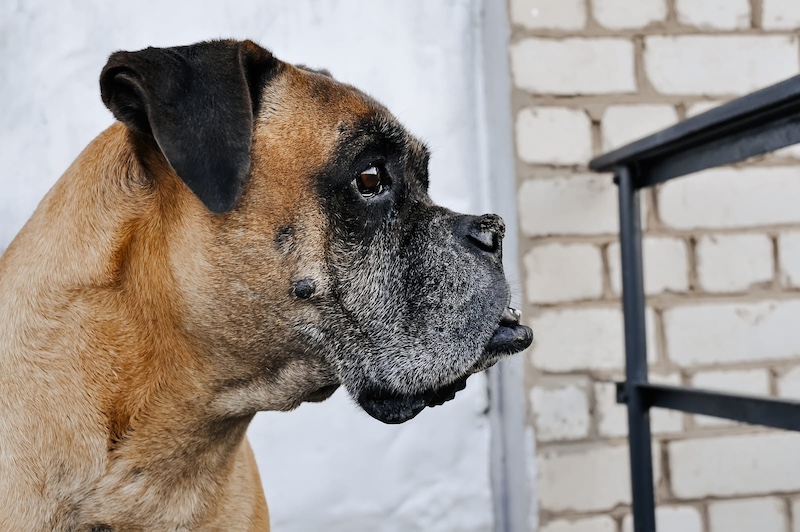
Kidney function naturally declines with age, and kidney disease is a significant concern for older dogs. Symptoms include increased thirst, frequent urination, and weight loss. Early detection and appropriate treatment can help manage the condition and improve your dog’s quality of life.
Cancer

Unfortunately, cancer is a leading cause of death in senior dogs. Lumps, sores that don’t heal, or unexplained weight loss may indicate cancer. While not all growths are malignant, it’s important to have any abnormalities checked promptly.
Helping Your Dog Thrive in Their Later Years

Aging is a natural part of life, and while it brings challenges, it doesn’t mean your dog can’t enjoy a fulfilling and comfortable senior life. By staying vigilant, providing proper care, and working closely with your veterinarian, you can help your dog age gracefully and maintain their quality of life for years to come. Your dog has been a loyal companion through the years; now, it’s your turn to provide them with the care and love they deserve as they age. Please Note: This content was created with the assistance of AI and thoroughly edited by a human before publishing.

